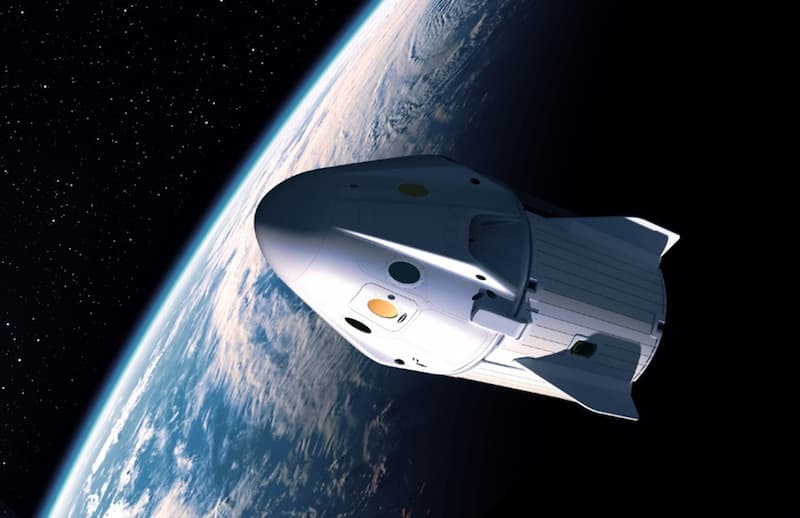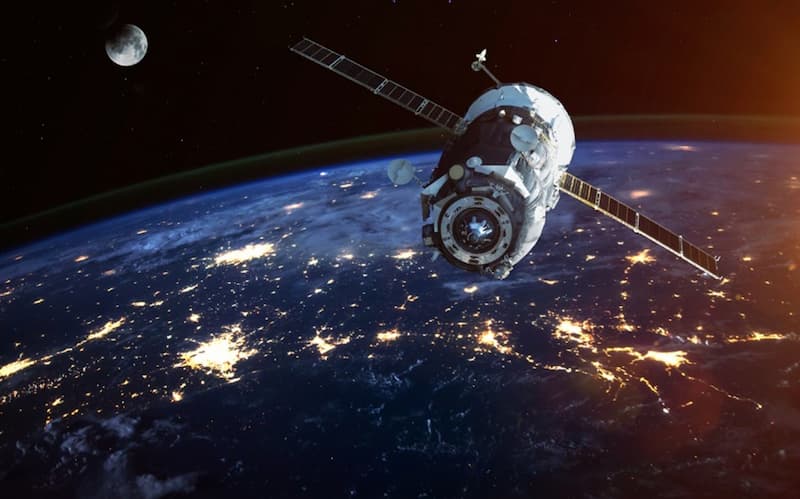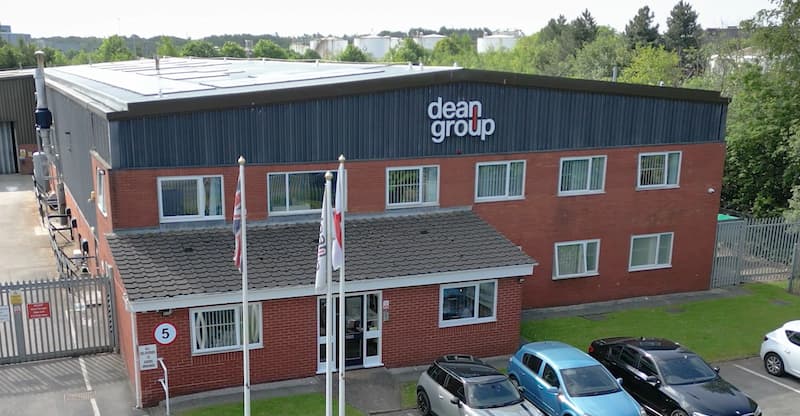Why Do Space Programs Rely on Metal Casting?
Metal Casting is the pivotal but subtle tool that ensures the success of many different applications, including the recently re-invigorated spaceflight sector. From precision investment casting for intricate engine components to high-pressure die casting for larger parts, this process is fundamental in facilitating achievements in space exploration and travel.
Whether it's building essential components for satellites or accomplishing extraordinary engineering feats like building a space station, the reliance on metal casting techniques in this field is undeniable. Read on to discover the various ways that metal casting ensures the future of global space programs.

Importance of Metal Casting for Aerospace Development
At Dean Group, we're proud to be part of an industry that directly supports the aerospace industry with our range of effective metal casting services. Over the years, space exploration has relied heavily on metal casting.
From the earliest Mercury and Apollo missions in the 1960s right up to the modern SpaceX and Artemis missions, every spacecraft owes its existence partially to casting methods. Metal casting has enabled engineers to construct vital components capable of withstanding challenging conditions experienced at high altitudes and even space.
Casting Techniques Serving Aerospace at Dean Group
We have built on the history of casting methods, evolving, and adapting to meet the exacting needs of the aerospace sector. Our techniques encompass a variety of casting styles, each serving specific elements of the process. Here are some examples of processes relevant to aerospace.

Aluminium Castings
Aluminium casting is one of our specialities. Known for its ability to produce intricate parts, it is a process that we have honed over the years. The high integrity, tolerances and strength of the resulting components make them ideal for use in areas like engine components and detailed housing units for the aerospace sector.
High-Pressure Die Casting
Another casting technique at the forefront of our services is high-pressure die casting. For scenarios where we need to form larger parts or produce high-volume runs, this technique is our preferred approach. Using precise, high-grade machinery, we can inject molten metal under high pressure into steel moulds or 'dies'. This allows for the rapid production of complex shapes with smooth surfaces, ideal for larger components with higher production quantities.
Gravity Die Castings
We are also proud to boast our gravity die casting capabilities. Taking advantage of the physical properties of molten metal, we can utilise this casting method to create a range of highly accurate, dimensionally stable components which further serve the needs of the aerospace industry.
Metal Casting in Spacecraft Manufacturing
Metal casting creates crucial components for spacecraft, ranging from intricate engine parts to fixtures within the cabin. Rocket engines, for instance, demand superior castings to endure extreme temperatures and pressures. Here are some examples of various metal casting methods used in past and present space programs globally.

Investment Casting
Investment casting is a precision technique involving a wax pattern enveloped in a ceramic mould. After the ceramic hardens, the wax melts away, leaving a cavity for molten metal. This method's high accuracy suits space programs where precision is paramount.
Permanent Mould and Die Casting
Both permanent mould and die casting use a reusable metal mould, though the former relies on gravity and the latter on high pressure. Known for speed and dimensional accuracy, these methods excel in mass-producing aerospace components.
Centrifugal Casting
In centrifugal casting, a permanent mould rotates rapidly while molten metal is introduced. The centrifugal force compels the metal to solidify against the mould's inner wall, ideally producing cylindrical parts.
Continuous Casting
Continuous casting, often reserved for raw metal production, pushes molten metal through a mould, yielding an uninterrupted solid strand. This method generates sizable raw materials that can be machined into various aerospace components.
Various Materials Available
Ultimately, the casting method and material are chosen based on the desired properties of the end product. At Dean Group, we have extensive experience using a diverse range of materials for our UK foundry, but for aerospace, we often use the following:

International Collaboration in Metal Casting for Space Programs
The expansive world of space exploration and its correlation with the intricate field of metal casting offers multitudes of opportunities to learn and grow. Accordingly, international collaboration lies at the heart of many advancements in the aerospace industry, particularly considering metal casting techniques.
Whilst everyone is aware of America's success in the 1960s space race, here are some more current examples of successful space programs showing the increasing need for the highest quality metal castings for spacecraft and aerospace.
India's successful Mars mission is another testament to international collaboration in the aerospace industry. It was through the German Aerospace Centre and the help of its complex metal casting solutions that India's ISRO could design a method to keep its Mars Orbiter Mission's fuel from freezing during the long journey. This symbiotic relationship allowed both entities to learn from each other and improve upon metal casting technologies.
The International Space Station (ISS) stands as a testament to the power of combined international effort and shared knowledge. An enormous array of metal cast parts, crafted through global ability in foundry science, are in operation aboard the ISS, underscoring the impact of international collaborations on casting technology and space programs.

Overcoming Logistical Complexities with International Connections
In today's globalised world, adopting robust international partnerships is vital for effective metal casting results. Foundries with established international connections surpass obstacles linked to complex logistics. Diverse, worldwide supply chains guarantee consistent access to materials and assist in reducing lead times. Thus, swift production and delivery to clients are ensured, supporting a competitive edge in the industry.
The inherently international nature of space programmes benefits from metal foundries with global ties. Smooth information and resource sharing foster collaboration and drive progress. Consequently, both the space and metal casting sectors thrive through these strategic alliances, contributing to humanity's goal for space exploration.

Aerospace Metal Castings at Dean Group
At Dean Group, we know that each aerospace project needs to be customised to fulfil the exact specifications required to ensure successful operation. Our vast experience across these techniques ensures our expert team will cater to the diverse demands of aerospace casting with design assistance, rapid casting prototyping and final casting. Contact us to discuss your next project needs and discover how our team will fulfil them.
Registered in England VAT No: 146307478 Company Registration No: 1062820




